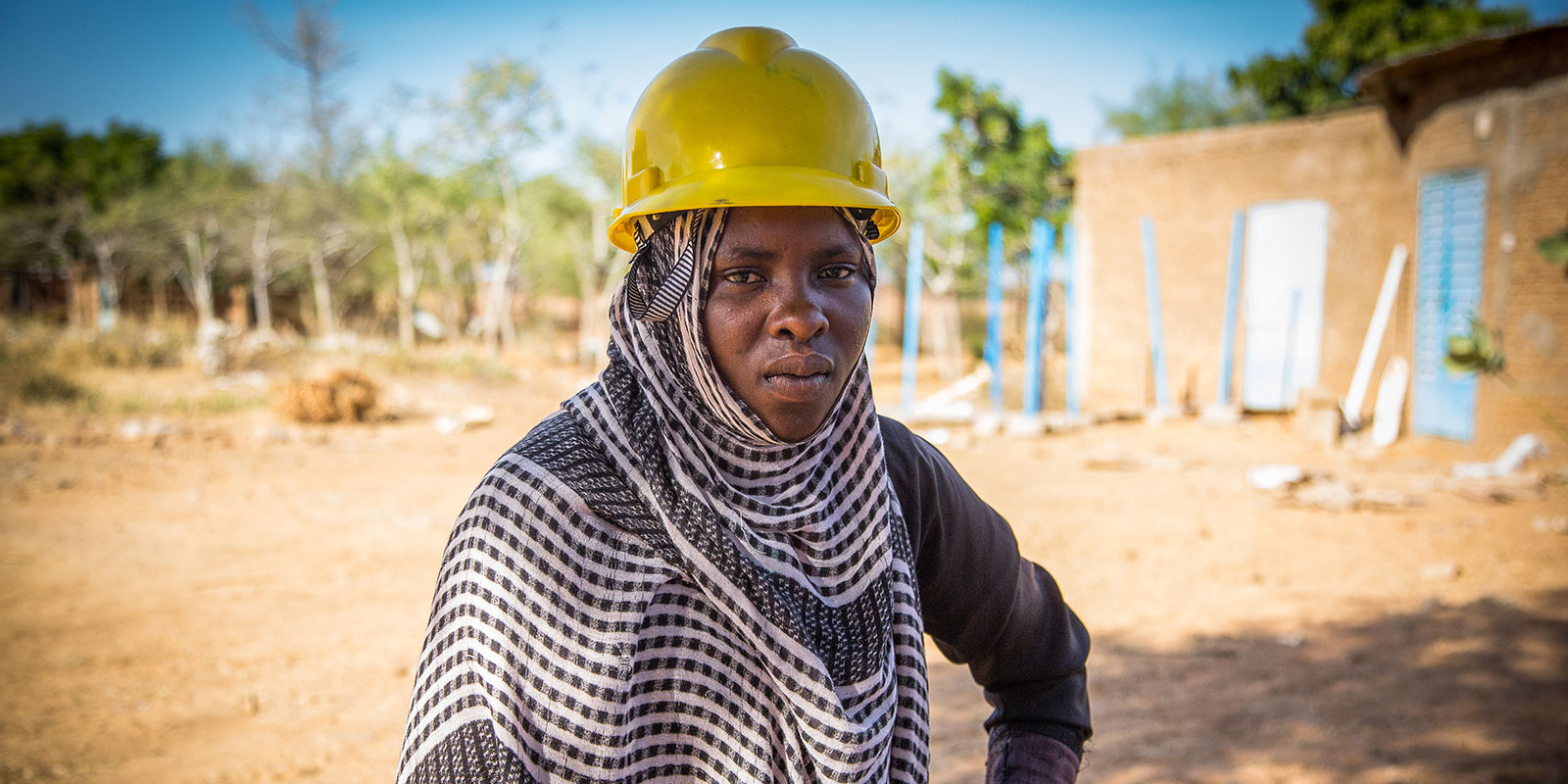However, because of the reluctance to invest in prevention coupled with the fact that the nature of conflict is changing all the time, we find ourselves only able to respond to what non- state actors do. Added to this, we are not investing in researching the possible ways of dealing with non-state actors early enough. Governments do not want to admit, when there are indicators that violent conflict is looming. This makes our early warning systems redundant. When early warning mechanisms were developed, they were romanticized as we all thought it could be a real instrument for the prevention of conflict but the information is just about collecting deaths and we are not translating the indicators of conflict from our early warning systems into action. I recall the development of the Islamic State of Iraq and Syria (ISIS) and Boko Haram, the warnings were clear. When they started, these were small groups that seemed insignificant to government leaders. We therefore need to encourage leaders to address the warning signs when the indicators of violent conflict appear early enough. Leaders need to engage the people about their concerns and issues because more often than not, the members of extremist groups are those who felt ignored and marginalized. It is only after the fact that the government creates the impression that they are handling the situation. In the case of the Lord’s Resistance Army (LRA), I tried to convince people of a looming problem, but it was not considered a serious threat. In the end it took 23 years to end the conflict.
National dialogue is a powerful instrument if leaders invest in it early enough
Tweet
Going forward, one of the important measures to contribute to conflict prevention is, as mentioned above, to seriously consider the warning indicators and encourage national dialogue. This dialogue must aim to engage the community at all levels to allow people to freely discuss their grievances. National dialogue is a powerful instrument if leaders invest in it early enough. However, it is not just about being heard but about what measures are taken by leadership after the dialogues. What measures will leaders use to address grievances? In many cases, the latter does not happen. Governments and peace actors can spend a great deal of money on national dialogue, which results in a report but it often collects dust.
Our leaders also fear the idea of talking to those they regard as extremists. Is this because they do not want to be perceived as weak? Is this because the ideology of these groups are not considered legitimate? Or because these groups are regarded as poorly educated? The question then is, how do we persuade our leaders to swallow their pride and engage with everyone. This does not take away from the fact that potential extremists could cause massive destruction, displacement and death. Again, we need to avoid this and focus on prevention.
Prevention could mean persuading governments to introduce discussions on peace into school syllabi. In this way, the youth are targeted, assuming that they are in school. This is another of our main problems in Africa as there are large numbers of youth who are not in school. Our focus on conflict prevention therefore needs to incorporate the youth and in particular, instil the ideology of peace in them early enough so that they are not lured into fighting and are equipped with other non-violent, problem-solving options.
A military solution will never bring sustainable peace because it only serves to humiliate the other side
Tweet
Along with the youth, other key stakeholders in conflict prevention must include women and local peacebuilders at the grassroots level. This is where we have the mothers, fathers and other family members of the fighters in extremist groups. I always emphasize that they are ignored even though they have a better idea of what is going on as they have directly observed the changes in the lifestyles of their children, who may be recruited into these groups. These communities are an important component of the early warning system and therefore require investment.
For example, in South Sudan, there is an active movement of women involved in promoting peace at the grassroots level. They may not be able to put food on the table or fully focus on jobs, they just want to have peace and live in dignity. These are the people that we really need to work with and reach out to, to empower.
Lastly, we must also bear in mind that a military solution will never bring sustainable peace because it only serves to humiliate the other side. It is also well understood that it does not address the underlying causes of the conflict. Therefore, we must insist on mediation in conflict resolution. However, we must also remember that mediators are sometimes brought in because they hold political clout and very often these are men. Instead, mediation needs to be viewed as both an art and a science which incorporates the mediators’ abilities to listen and be patient because all the parties involved are listening closely to ensure that their concerns are heard. In this sense, mediators walk on a type of tightrope and are exposed to constant judgement. It is therefore also important to include women because many women are better listeners who are not banging tables. Women look to nurture their families so they will listen. A mix of men and women in mediation is therefore crucial to conflict prevention.
Betty Oyella Bigombe was the chief mediator in a peace initiative with the Lord’s Resistance Army. She is currently providing technical support to the peace process in South Sudan and has served as Uganda’s special envoy to South Sudan and is a member of Femwise Africa and the Commonwealth Women’s Mediation Network.


